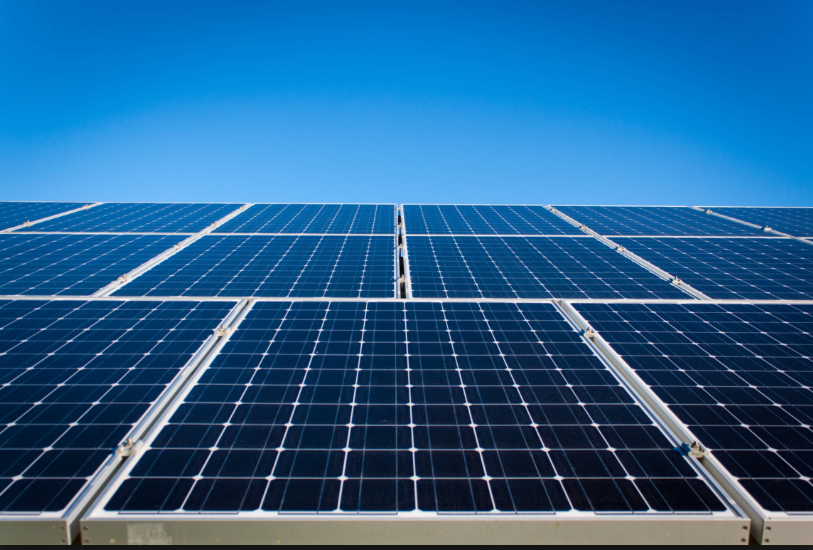Are you a Maine homeowner looking to take control of your energy costs while reducing your carbon footprint? Look no further! Team Solar is here to help you harness the power of the sun and make a positive impact on your home, your wallet, and the environment.
Introduction:
As a Maine homeowner, staying up-to-date with changes in tax legislation is crucial for maximizing your financial benefits. One recent development that deserves attention is the Inflation Reduction Act, which has brought about significant updates to tax credits for homeowners. These changes aim to provide relief and incentives for homeowners while accounting for the rising cost of living. In this article, we will delve into the key aspects of the Inflation Reduction Act and its impact on Maine homeowners.
- Increased Residential Energy Property Credit:
One of the notable updates under the Inflation Reduction Act is the increase in the Residential Energy Property Credit. This credit applies to homeowners who make qualifying energy-efficient improvements to their primary residences. Previously, homeowners were eligible for a 30% credit on qualified expenditures, up to a maximum of $1,500. However, under the updated act, the credit has been expanded to 40% and the maximum credit amount has been eliminated, allowing homeowners to claim a higher credit for their energy-saving upgrades.
Maine residents can take advantage of this credit to reduce their tax liability while investing in energy-efficient home improvements. Eligible upgrades include the installation of solar panels, energy-efficient windows and doors, insulation, geothermal heat pumps, and more. It's an excellent opportunity to both save on taxes and contribute to a greener future.
- Increased Alternative Motor Vehicle Credit:
For homeowners in Maine who have embraced the transition to electric or hybrid vehicles, the Inflation Reduction Act also brings good news. The Alternative Motor Vehicle Credit has been enhanced to promote the adoption of eco-friendly transportation options. This credit allows eligible taxpayers to claim a credit for purchasing qualified electric vehicles (EVs) or plug-in hybrid electric vehicles (PHEVs).
Under the updated act, the credit amount has been increased for certain categories of vehicles, ensuring that Maine homeowners can enjoy more substantial tax savings. Additionally, the phase-out limits for the credit have also been adjusted to accommodate the rising cost of environmentally friendly vehicles. By opting for an EV or PHEV, Maine homeowners can not only reduce their carbon footprint but also benefit from tax incentives that make owning such vehicles more affordable.
- State and Local Sales Tax Deduction:
The Inflation Reduction Act also impacts the state and local sales tax deduction, which allows taxpayers to deduct either their state income tax or state and local sales tax from their federal income tax. This deduction is particularly beneficial for residents of states like Maine, where there is no state income tax.
Under the updated act, the deduction for state and local sales tax has been extended, enabling homeowners to claim a higher amount of deductible expenses. This is advantageous for Maine homeowners who make significant purchases, such as major appliances or home improvement materials, as they can now claim a larger deduction on their federal tax return.
Conclusion:
The Inflation Reduction Act has brought about favorable changes to tax credits for Maine homeowners, offering increased benefits for energy-efficient home improvements, electric vehicles, and sales tax deductions. By taking advantage of these updated tax credits, homeowners in Maine can save money while promoting sustainable living practices.
It's essential to consult with a tax professional or utilize tax software to ensure compliance with the updated regulations and to maximize your tax savings. Stay informed about these updates and explore how you can leverage them to your advantage. With a little research and planning, Maine homeowners can navigate the tax landscape with confidence and make informed decisions that benefit both their wallets and the environment.



